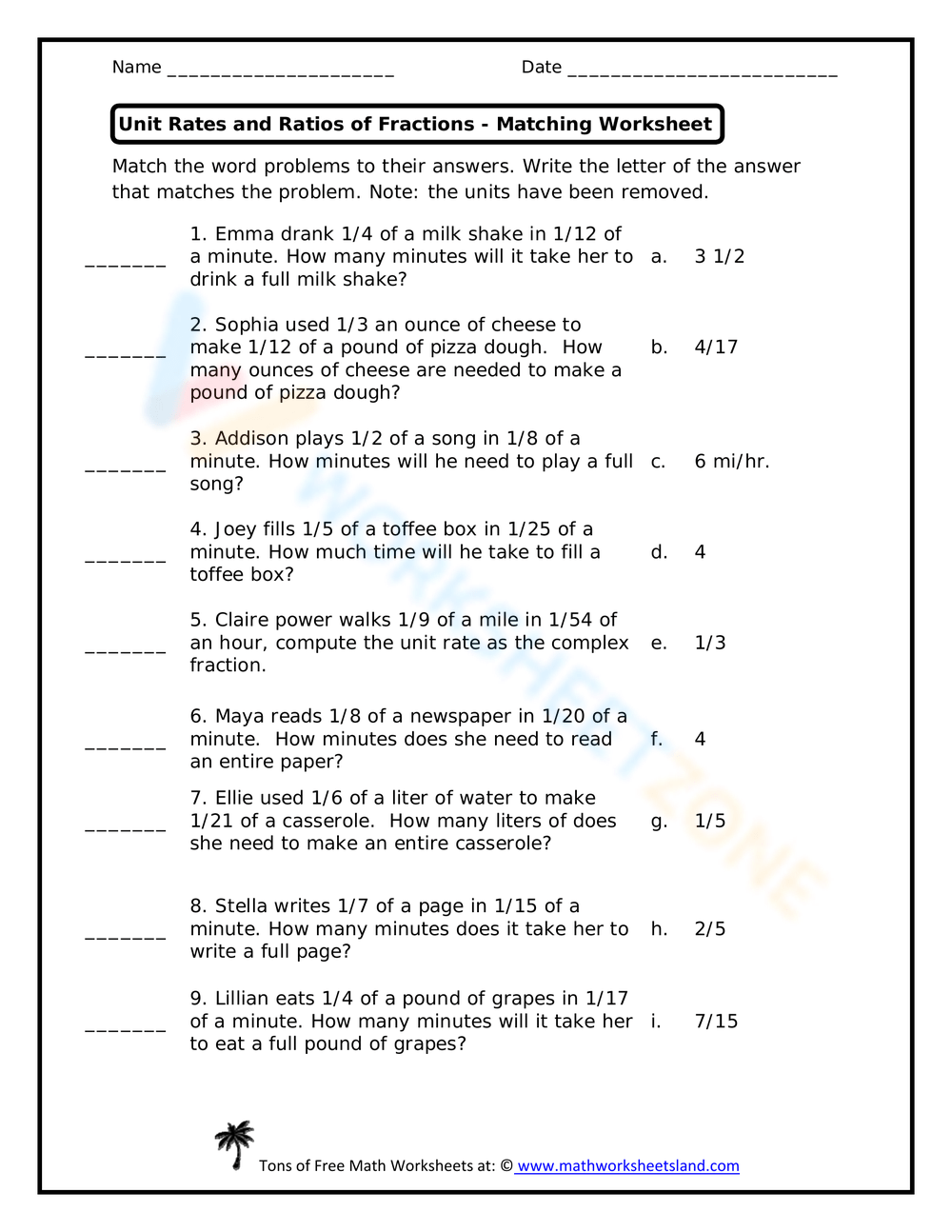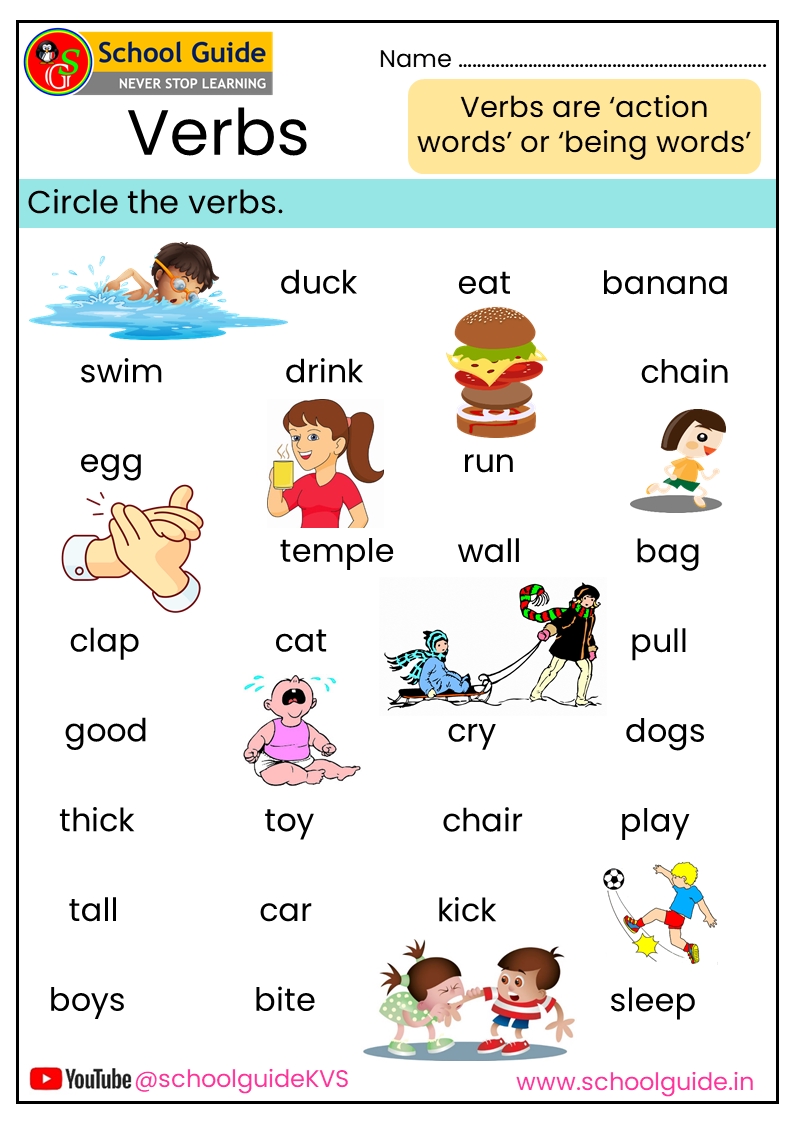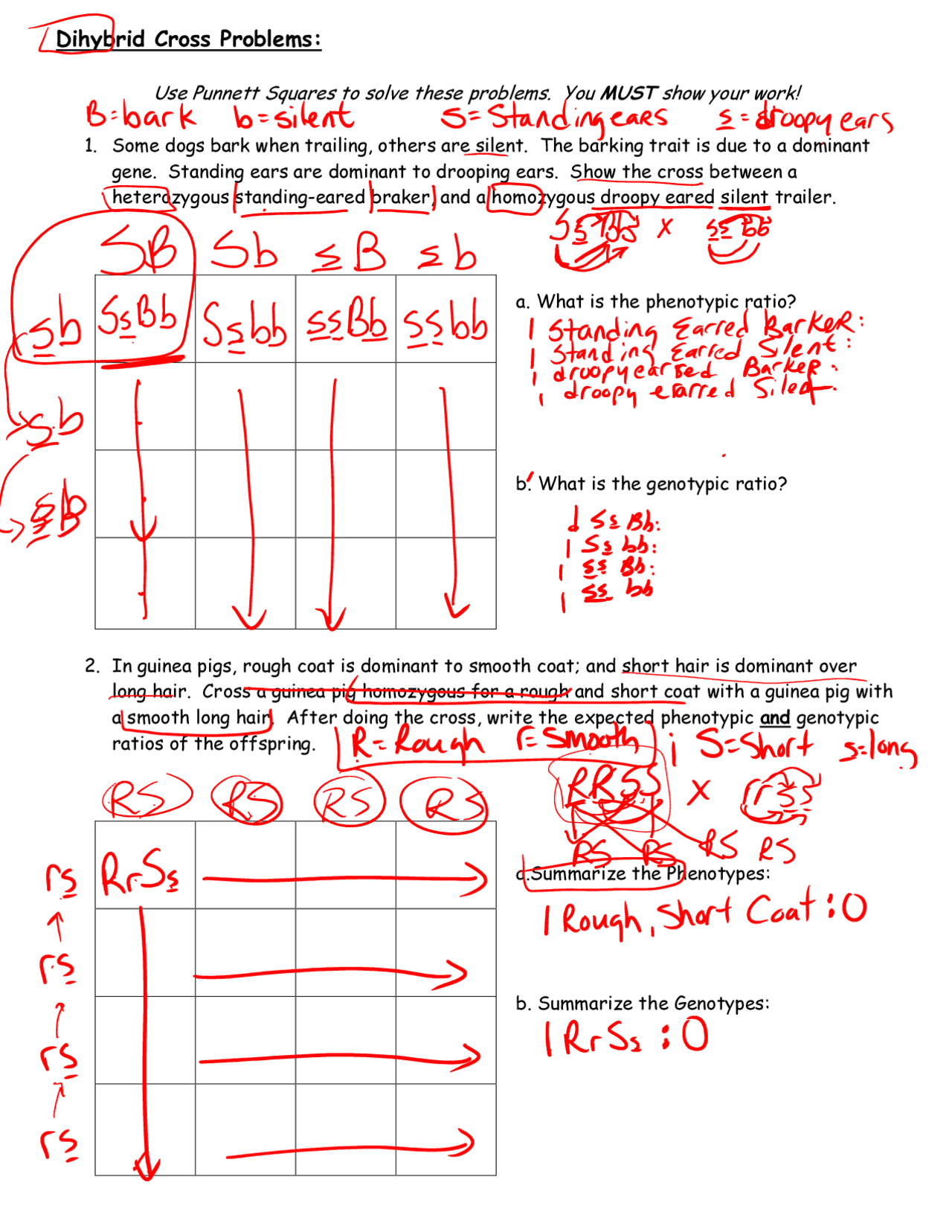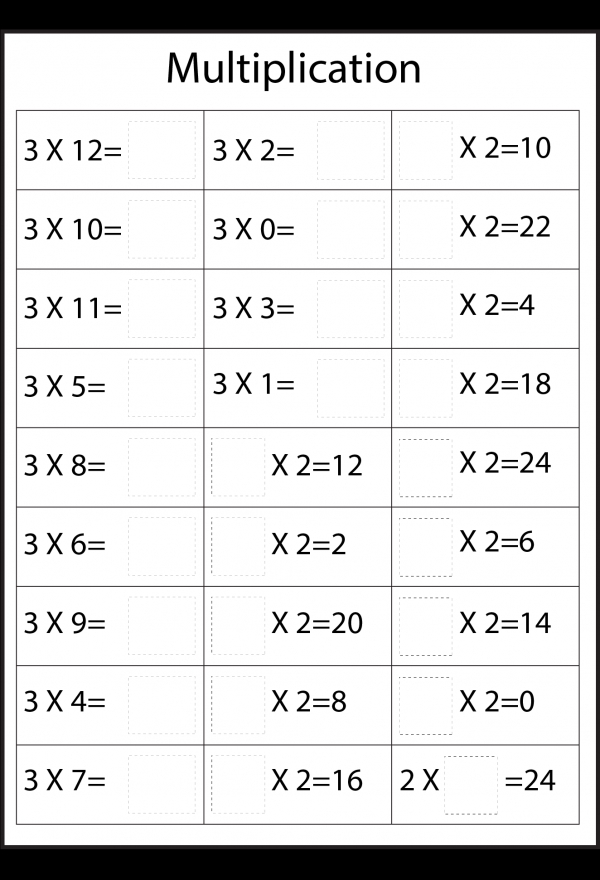Trauma Triggers Worksheet: Heal and Recover with Clarity
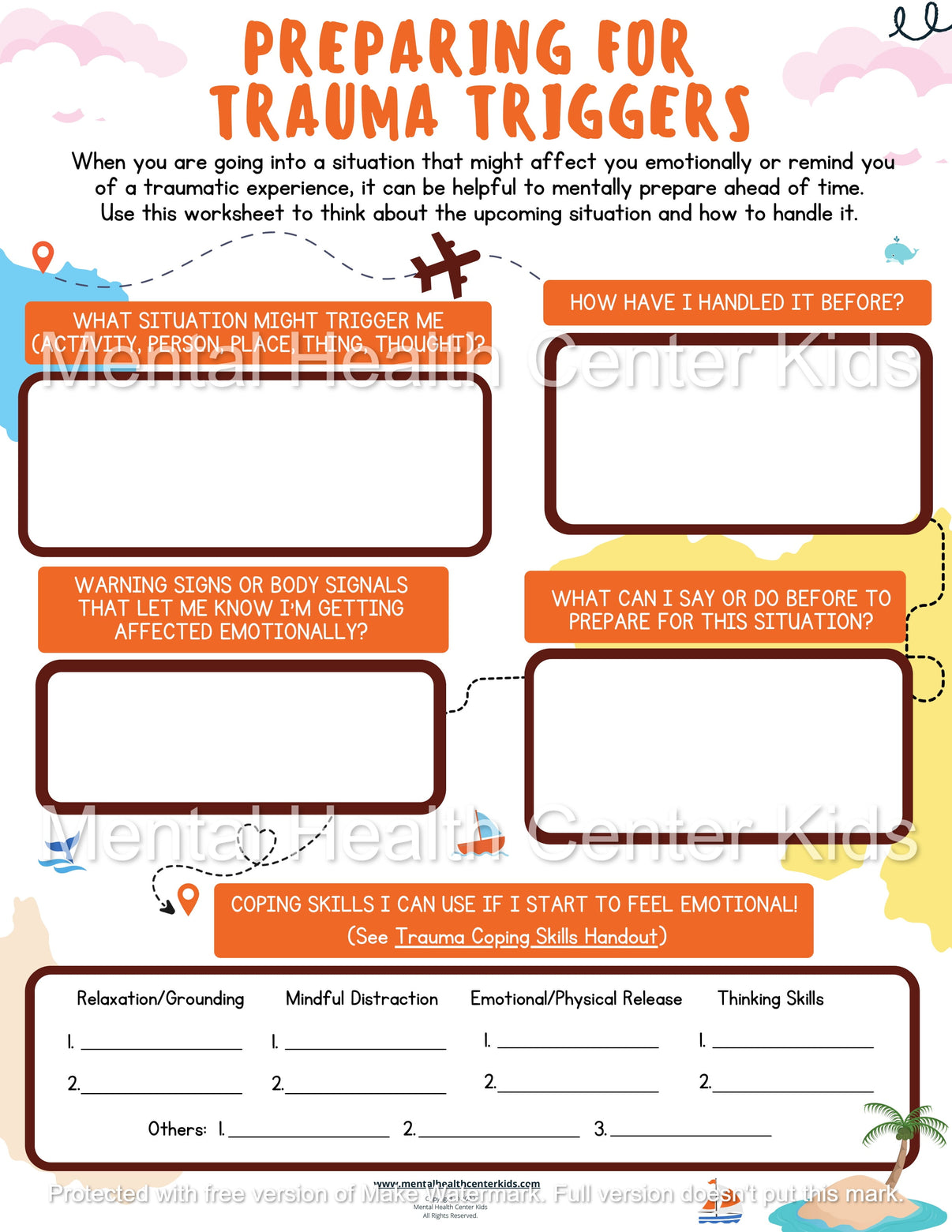
Understanding Trauma Triggers: A Path to Healing and Recovery
Trauma can be a life-altering experience that affects individuals in various ways. One of the most challenging aspects of dealing with trauma is navigating the triggers that can cause a flashback or an emotional response. In this article, we will explore the concept of trauma triggers, their impact on mental health, and provide a worksheet to help individuals identify and cope with their triggers.
What are Trauma Triggers?
Trauma triggers are stimuli that can cause a person to recall a traumatic event or experience a strong emotional response. These triggers can be internal, such as memories or emotions, or external, such as sights, sounds, or smells. When a person encounters a trigger, it can transport them back to the traumatic event, causing feelings of anxiety, fear, or panic.
Common Types of Trauma Triggers
Trauma triggers can vary widely from person to person. Here are some common types of triggers:
- Sensory triggers: Smells, sounds, or visuals that remind a person of the traumatic event.
- Emotional triggers: Strong emotions, such as anxiety or fear, that can trigger a flashback or emotional response.
- Social triggers: Interactions with people who remind a person of the traumatic event or the perpetrator.
- Environmental triggers: Places or situations that remind a person of the traumatic event.
The Impact of Trauma Triggers on Mental Health
Trauma triggers can have a significant impact on mental health, causing:
- Anxiety and fear: Trauma triggers can cause a person to feel anxious or fearful, leading to avoidance behaviors or hypervigilance.
- Depression: Trauma triggers can contribute to feelings of sadness, hopelessness, or despair.
- Post-Traumatic Stress Disorder (PTSD): Trauma triggers can exacerbate PTSD symptoms, such as flashbacks or nightmares.
- Substance abuse: Trauma triggers can lead to substance abuse as a coping mechanism.
Trauma Triggers Worksheet: Identifying and Coping with Triggers
The following worksheet is designed to help individuals identify and cope with their trauma triggers.
Section 1: Identifying Triggers
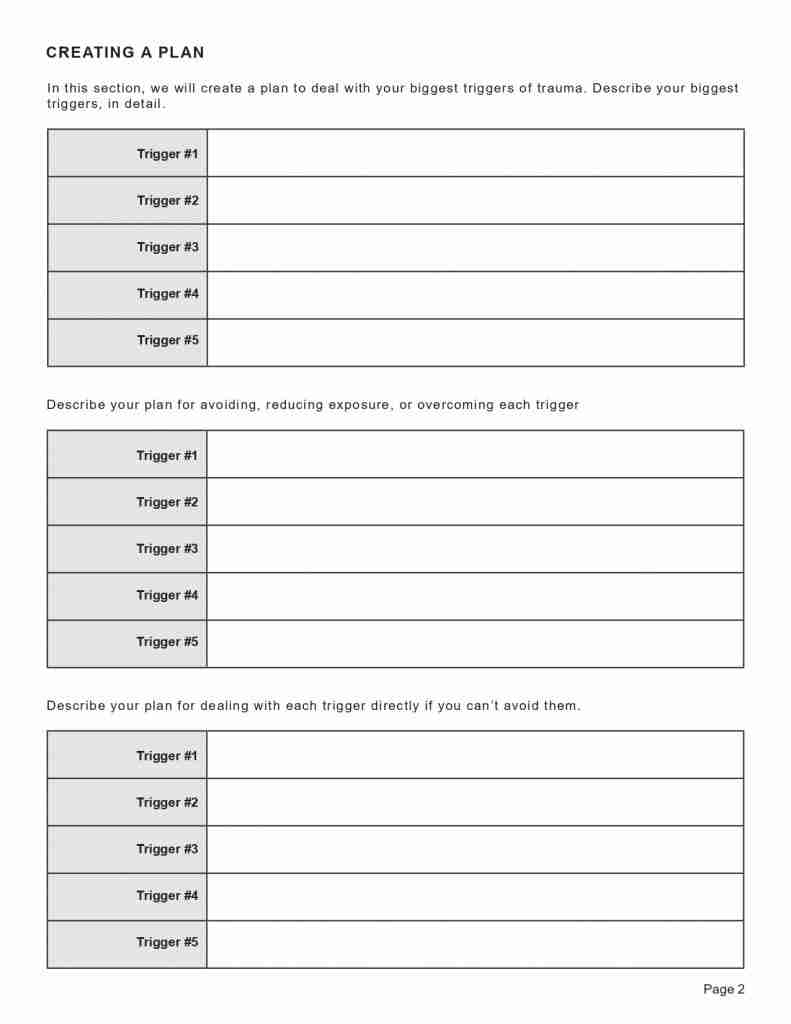
| Trigger Type | Trigger Description | How I Feel When Triggered |
|---|---|---|
| Sensory | ||
| Emotional | ||
| Social | ||
| Environmental |
Section 2: Assessing Trigger Intensity
| Trigger | Intensity (1-10) | How I Typically React |
|---|---|---|
Section 3: Developing Coping Strategies
| Trigger | Coping Strategy 1 | Coping Strategy 2 | Coping Strategy 3 |
|---|---|---|---|
Section 4: Creating a Self-Care Plan
| Self-Care Activity | Frequency | Time of Day |
|---|---|---|
Using the Worksheet to Heal and Recover
The trauma triggers worksheet is a powerful tool for healing and recovery. By identifying and understanding your triggers, you can develop effective coping strategies and a self-care plan to manage your mental health.
📝 Note: It's essential to work with a mental health professional when using this worksheet, especially if you're struggling with severe trauma or PTSD symptoms.
Tips for Using the Worksheet
- Be honest and open when identifying your triggers.
- Assess your trigger intensity to prioritize your coping strategies.
- Develop a variety of coping strategies to manage different triggers.
- Create a self-care plan that includes activities that bring you joy and relaxation.
Conclusion
Trauma triggers can be a significant challenge in the healing and recovery process. By using the trauma triggers worksheet, individuals can gain clarity on their triggers and develop effective coping strategies. Remember, healing is a journey, and it’s essential to be patient and compassionate with yourself throughout the process.
What is a trauma trigger?
+A trauma trigger is a stimulus that can cause a person to recall a traumatic event or experience a strong emotional response.
How can I identify my trauma triggers?
+You can identify your trauma triggers by reflecting on your experiences, emotions, and reactions. The trauma triggers worksheet can help you systematically identify and assess your triggers.
What are some common types of trauma triggers?
+Common types of trauma triggers include sensory triggers, emotional triggers, social triggers, and environmental triggers.
Related Terms:
- Trauma triggers worksheet PDF
- Emotional triggers worksheet PDF
- Triggers and cravings worksheet pdf
- Triggers worksheet for adults
- Identifying triggers worksheet
- Triggers worksheet therapist aid
